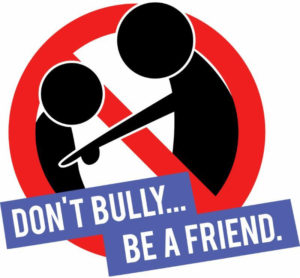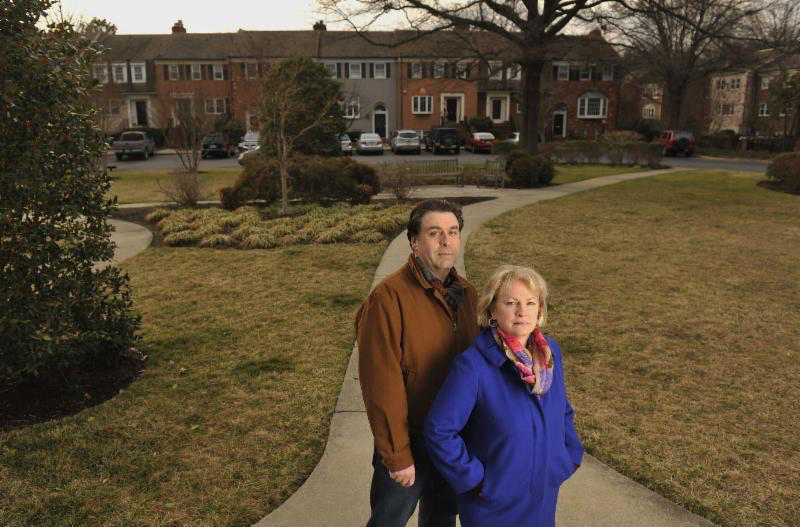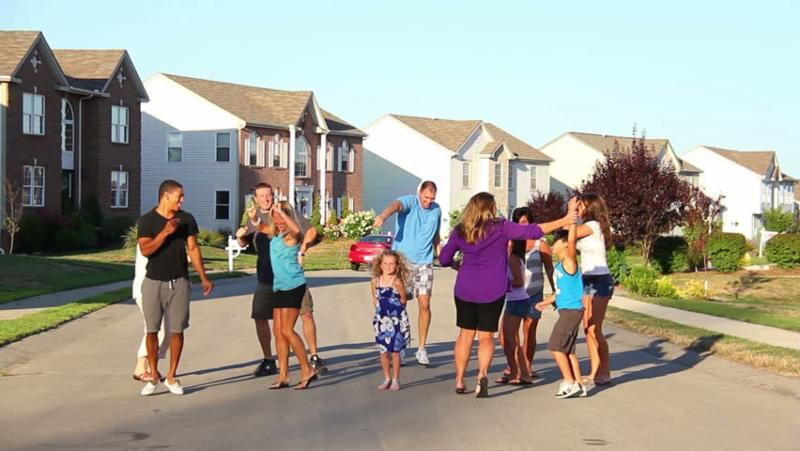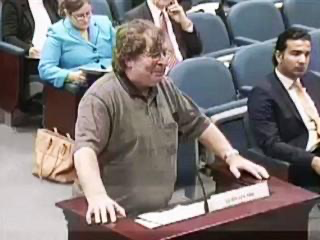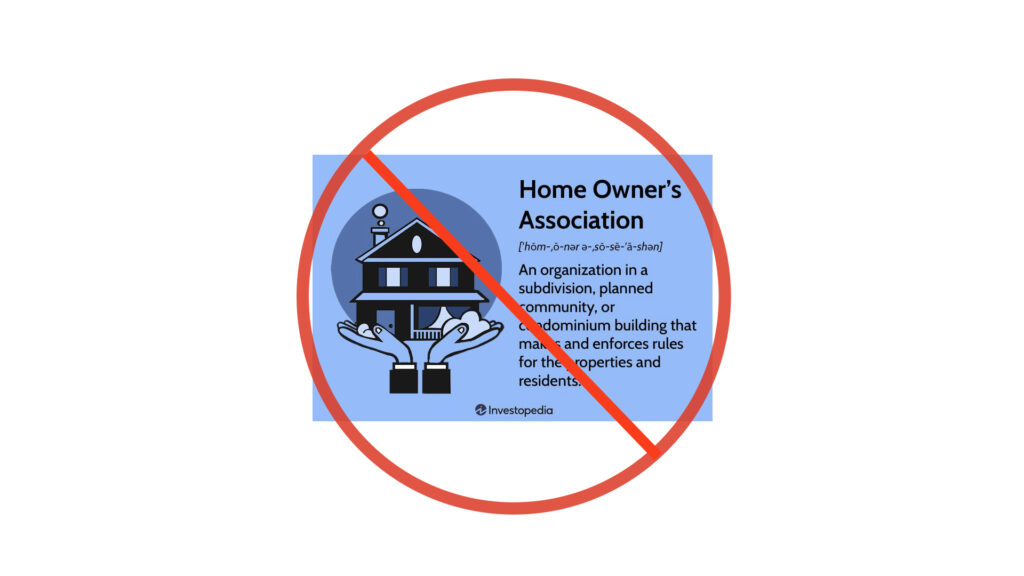This show is a rebroadcast, but it is just as valid and timely today.
Ralph Waldo Emerson said: “To leave the world a bit better, whether by a healthy child, a garden patch, or a redeemed social condition; to know that even one life has breathed easier because you have lived – that is to have succeeded.”
Do you suppose Ralph was thinking about homeowner associations and the many petty municipal governments around with ridiculous rules, ordinances, and abusive enforcement mechanisms when he wrote that? His message seems to have fallen on deaf ears because these entities continue to make life miserable for their members and constituents.
Fortunately, more individuals are doing amazing things to make the world a better place, not for just one person but hundreds of people, despite their local governments.
Joining us On The Commons this week is Jason Helvenston. Jason and his wife, Jennifer, wanted to grow their food, but edible plants tend to require sun, and the sun happened to be in their front yard, so that’s where they planted their herbs and vegetables. However, the city council of Orlando, Florida, thought that grass would look normal, and so they did what petty governments do so well, they issued an ultimatum, “plant grass or else… we will fine you $500 a day!”. The Helverstons believe in protecting their right to plant whatever they want on their property, so they fought back, and they WON! You’ll have to listen to their story to realize that their garden is only the first step to opening our eyes and how they are making so many people “breathe easier.”


